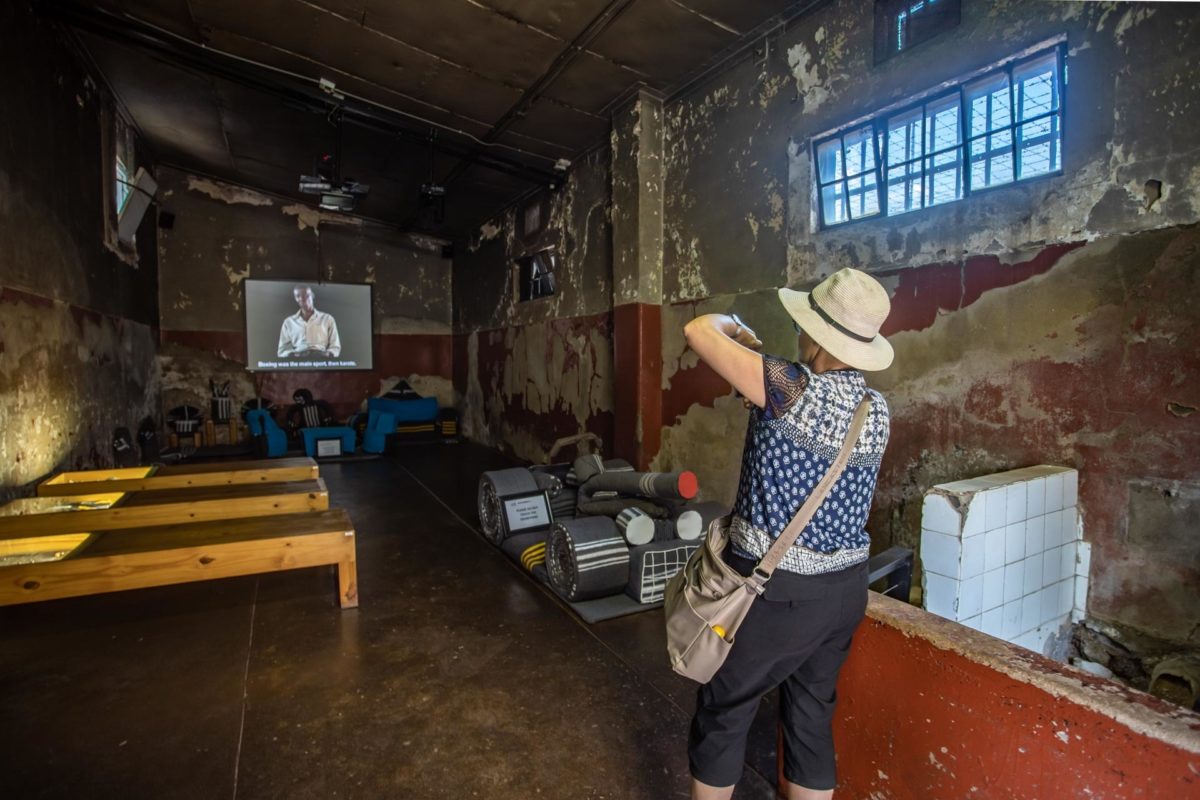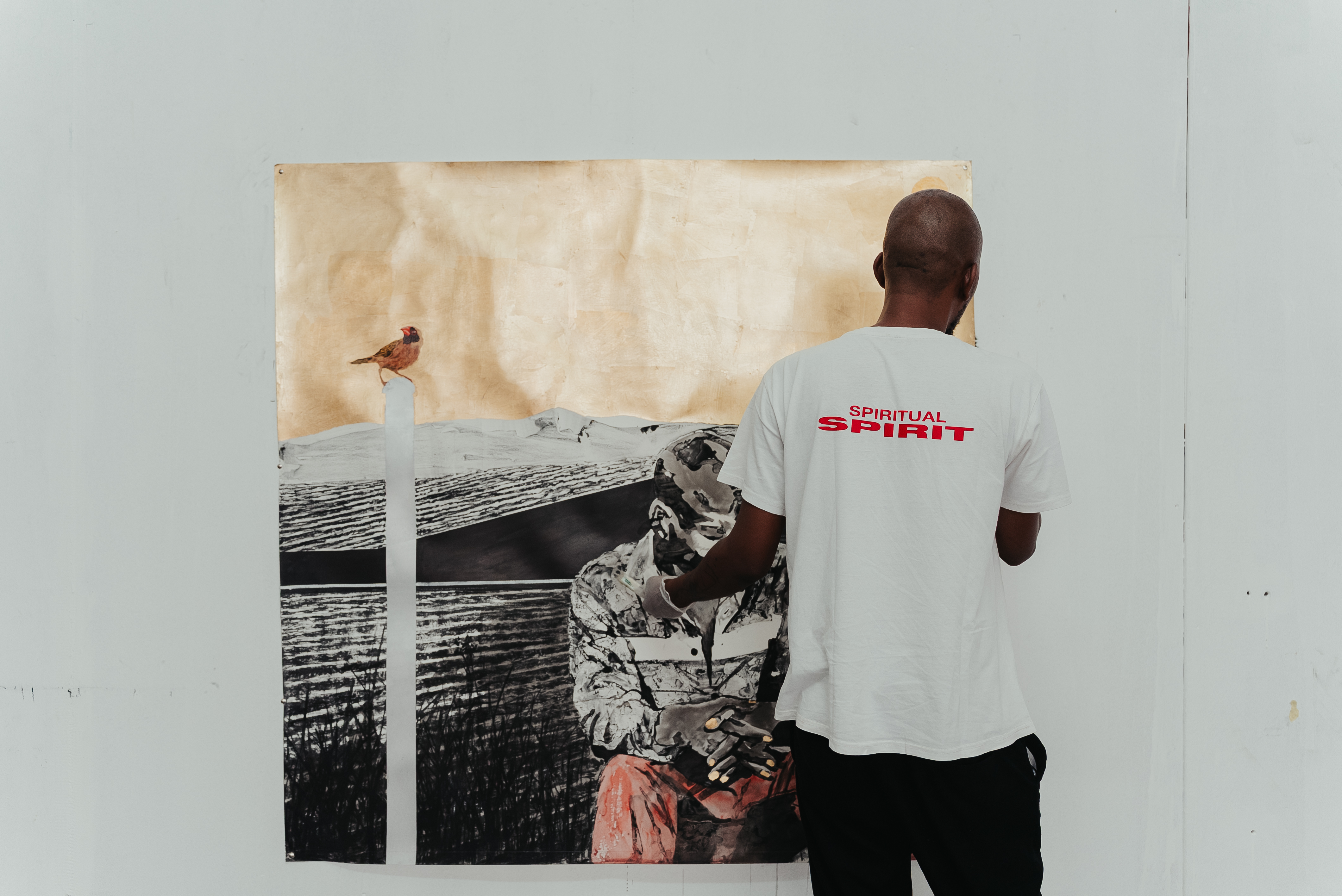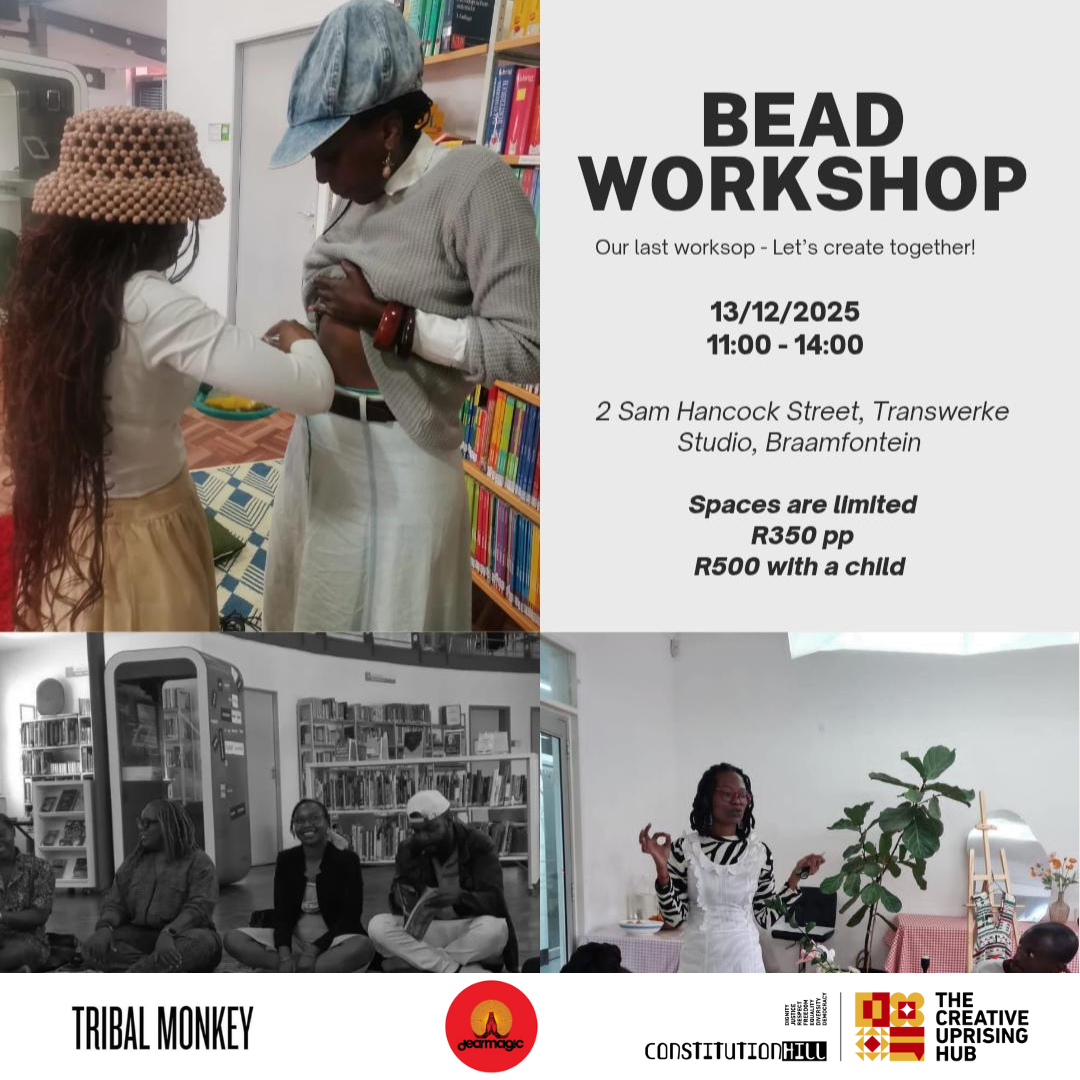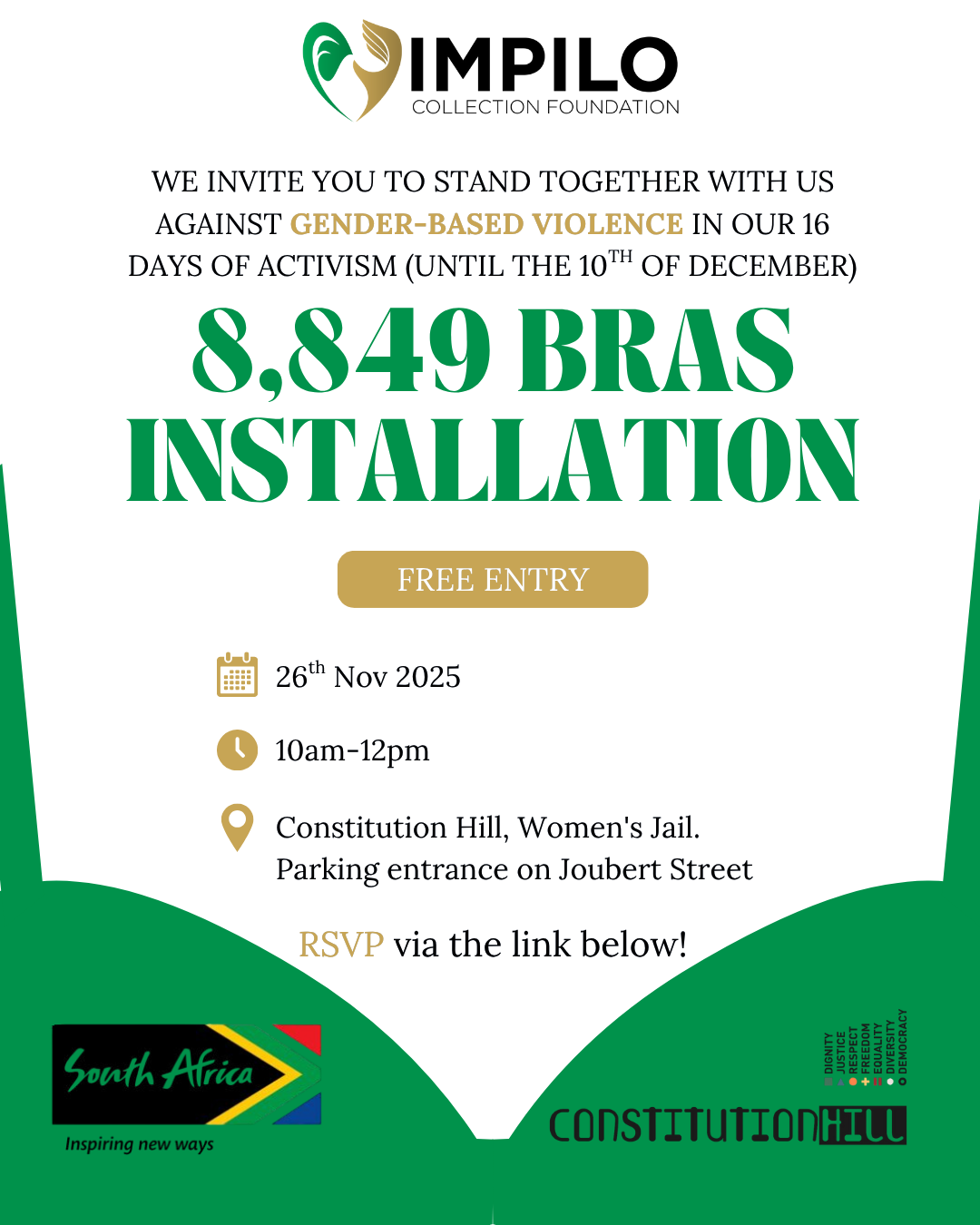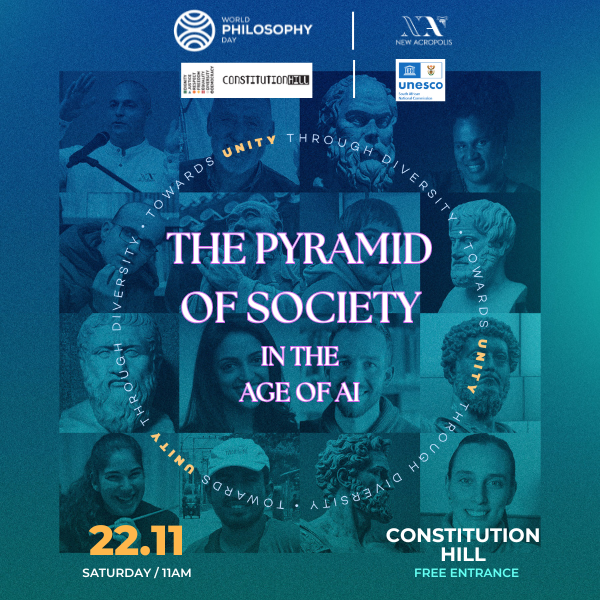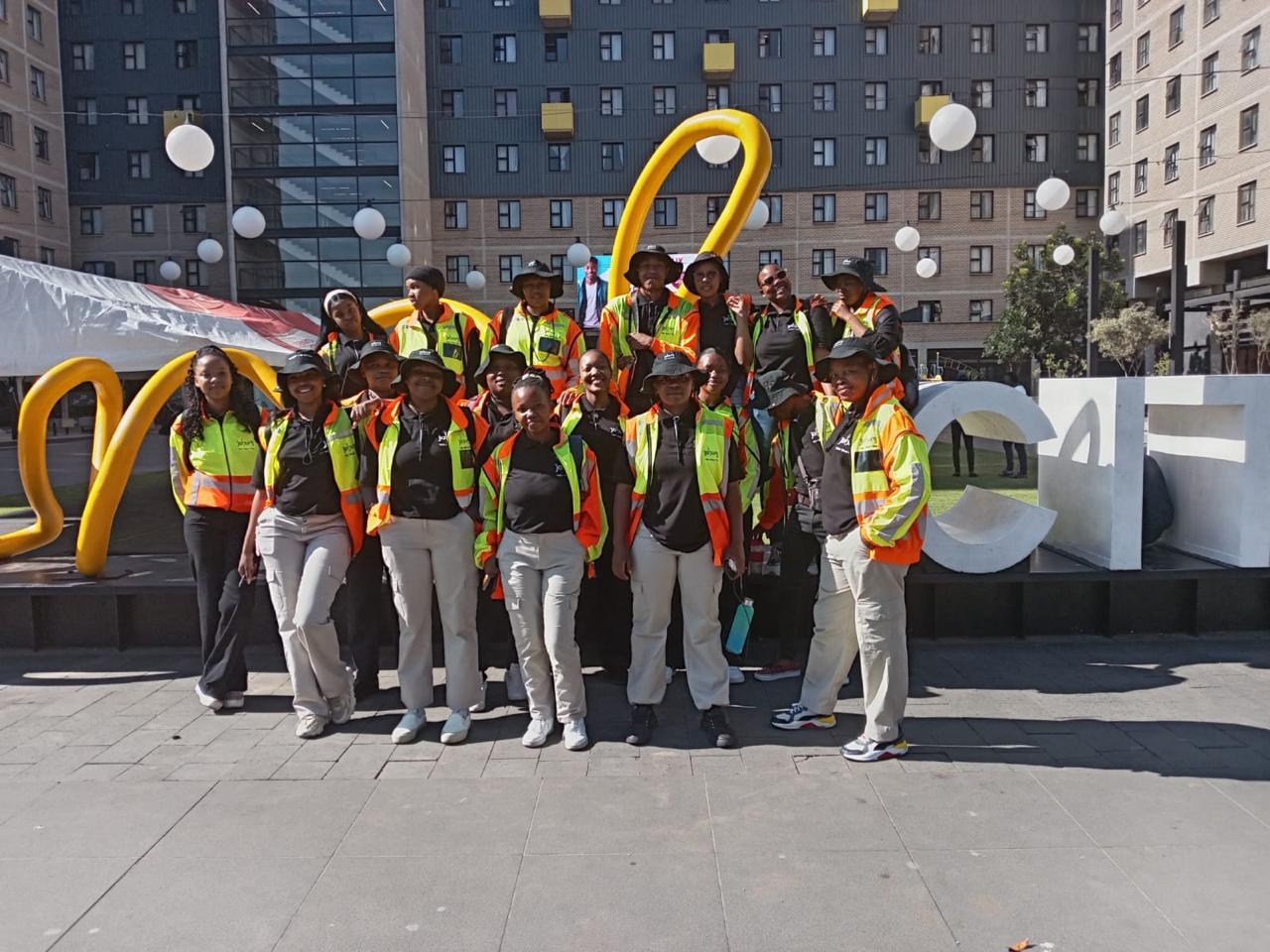South Africa’s constitutional democracy is 25 years old. Its achievements tell a mixed story. The Constitution of South Africa provides a foundation for human rights for all South Africans, a framework for a just and equitable society.
Lauded across the world for its progressive integration of civil and political rights on the one hand, and socioeconomic and cultural rights on the other, it serves as a powerful tool for communities to realise their rights.
We’ve made considerable gains in socioeconomic rights realisation since 1994, but the nature of poverty and inequality in South Africa has become increasing intersectional. Race, gender, age, physical ability and physical location are strong indicators of poverty and disadvantage, according to Statistics South Africa’s 2017 report Poverty Trends in South Africa: An Examination of Absolute Poverty between 2006 and 2015.
Section 26 of the Constitution sets out the right to adequate housing in South Africa. Since 1994, the government has provided more than 3.7-million opportunities to people to live where they choose, but the number of completed housing units has shown a downward trend since 2012.
A counterproductive focus on “mega” or “catalytic” projects has unwittingly perpetuated the legacy of apartheid spatial planning, placing people further away from centres of economic opportunity without providing adequate or affordable public transport. Today, many poor South Africans spend around 60% of their income on transport and long periods of time travelling to and from work.
Civil society plays an integral role in holding the government accountable to its constitutional obligations. For the past 10 years, the Socio-economic Rights Institute of South Africa (SERI), together with other public interest legal services, has worked with communities, social movements, individuals and other non-profit organisations to advocate for social change.
It has done this through a combination of public interest litigation and applied legal research, by providing education and training, and through policy and media advocacy to address gaps in policy and practice, so that the most vulnerable members of society are not left behind.
In informal settlements, where around 3.6-million South Africans live, secure tenure and access to dignified services remain significant challenges. Despite a progressive legal and policy framework, the government has aimed to “eradicate” informal settlements, and has directed its efforts and resources to evicting, displacing and relocating residents in these areas .

In informal settlements, where around 3.6-million South Africans live, secure tenure and access to dignified services remain significant challenges.
The Upgrading Informal Settlements Programme, part of the Department of Human Settlements’ National Housing Code of 2009, supports municipalities to work with communities to provide tenure security and basic services.
It is important that informal settlements are upgraded, wherever geotechnically and environmentally feasible. The provision of affordable, well-located housing is key for urban land reform and redistribution. Poor implementation, under-spent budgets and lack of political will have severely frustrated efforts to secure socioeconomic rights in South Africa, particularly in housing.
The reality is a lot worse for society’s most vulnerable groups. People living with disabilities face far greater challenges in accessing housing and other basic services.
The difficulties are compounded for women with disabilities living in informal settlements or rural areas, in particular, because of the incongruent nature of the various laws and policies aimed at providing these social amenities. The intersecting nature of their disadvantages means that their particular needs are not adequately addressed.
The Struggle to be Ordinary is a short documentary on sanitation for women living with disabilities in informal settlements. It was screened at Constitution Hill’s annual Human Rights Festival in 2019.
The film, commissioned by the Ford Foundation and produced by SERI, the Pegasys Institute and Two Spinning Wheels Productions, raises awareness of the intersection of gender, disability and basic services in informal settlements in South Africa through sharing the stories of women living with disabilities in Slovo Park informal settlement south of Johannesburg.
A range of experts in water, sanitation, disability and informal settlement upgrading share their insights on the scale and depth of the challenges and provide clear recommendations to local and provincial government.
A reflection on South Africa’s 25 years of democracy requires an honest look at how far the country has come, but it also demands that we urgently set out to correct the areas where we have not done enough.
Currently, 89.9% of households have access to piped water; 63.4% to flush toilets; 63.9% to refuse removal services; and 87.6% to electricity. These are valuable accomplishments for a relatively young democracy, but service provision has been unequal.
Typically, metropolitan municipalities have significantly lower backlogs than their rural counterparts. The poorer and more rural the municipality people live in, the more likely they are to receive substandard water and sanitation services, according to civil society’s 2018 report on the South African government’s implementation of the rights set out in the International Covenant on Economic, Social and Cultural Rights. The report stated that at least half of the people living in rural municipalities do have access to adequate basic sanitation.
Tiffany Ebrahim and Thato Masiangoako are researchers at the Socio-economic Rights Institute of South Africa

 +27 11 381 3100
+27 11 381 3100
